Reading Circle 04, curated by Malou Solfjeld
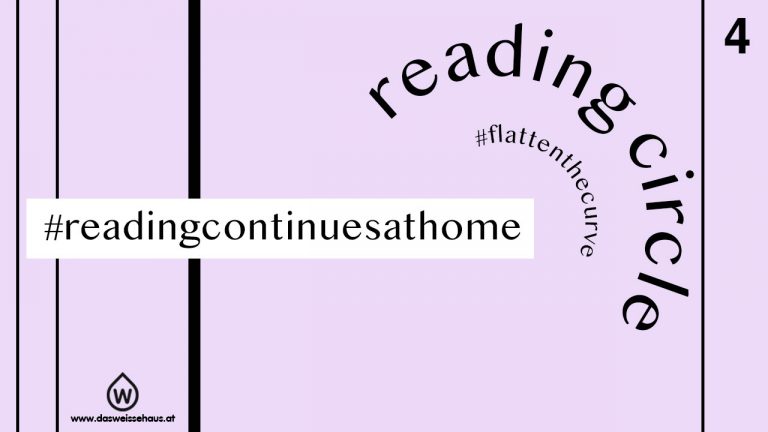
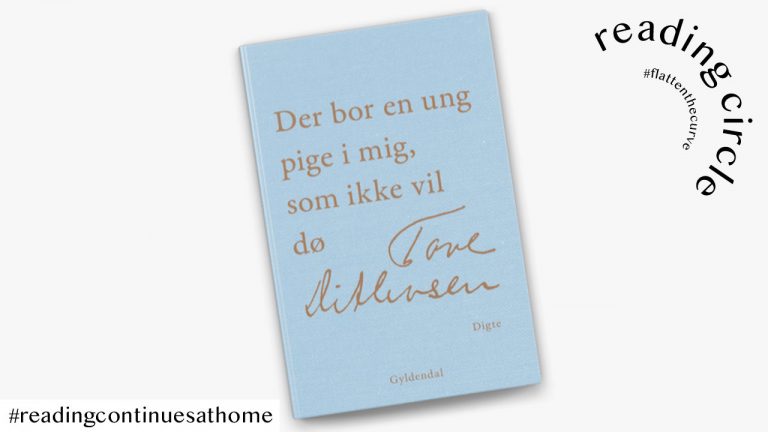
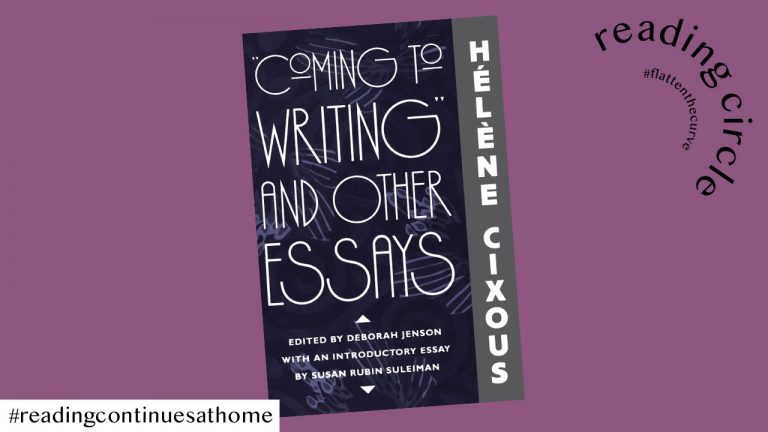
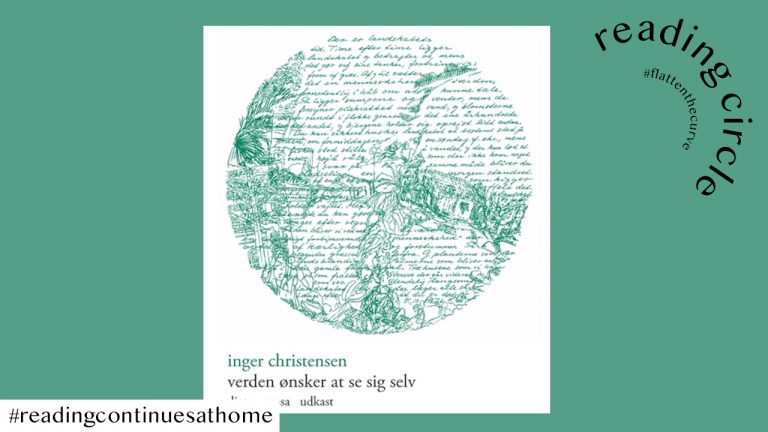
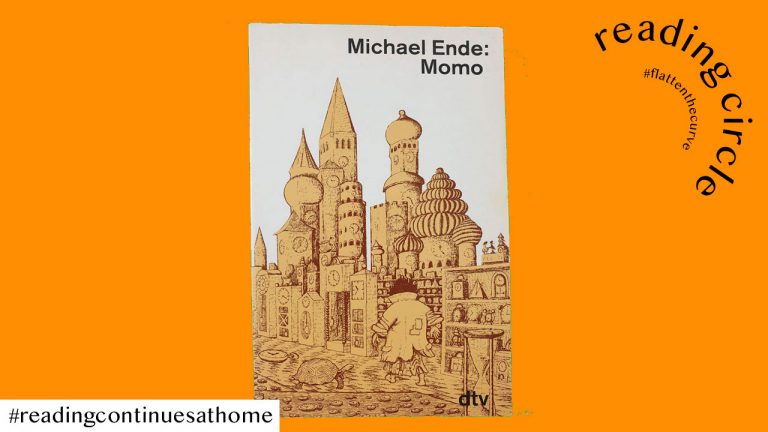
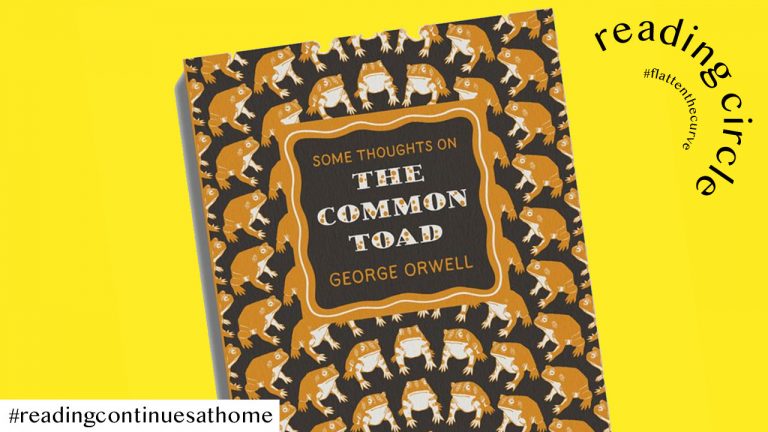
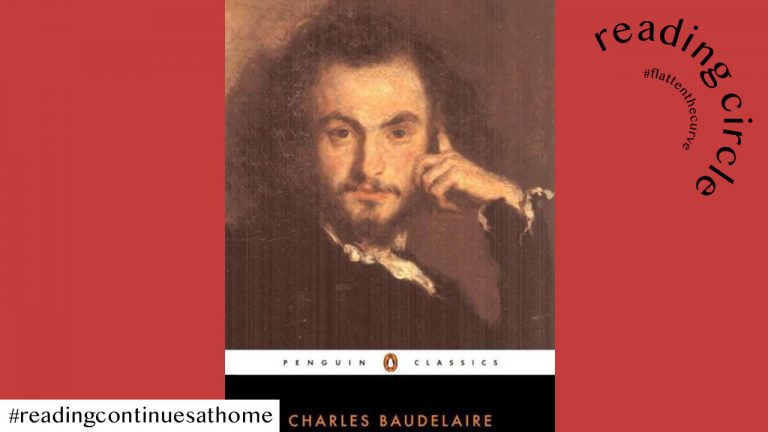
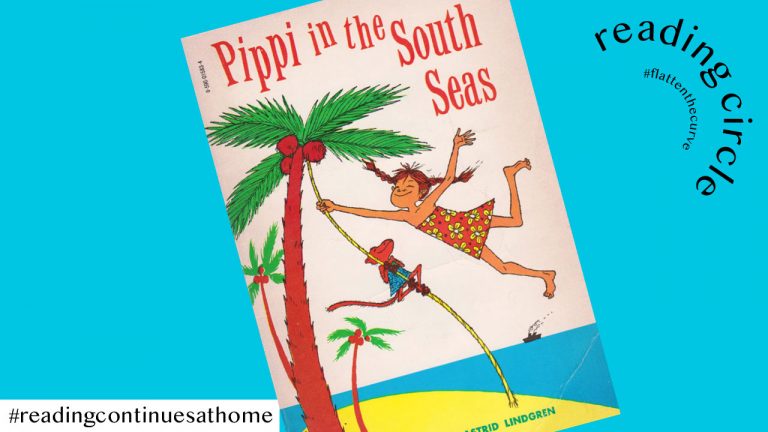
“Long Distance Relationships and Imaginary Traveling”
When Alexandra Grausam published the amazing book “AWAY” about artist residencies all over the world a few years ago, my colleagues and I contributed by explaining our program at CCA Andratx in Mallorca as “A challenge / journey / opportunity of introspection […]”. This description probably resonates in everyone’s ears these days, not just the artists. The reading circle 04 reflects this journey of introspection in different ways.
First, we’re reading about the journey back in time to one’s younger self, learning how to use the poem as a mirror of self-reflection, expectations and realizations. Secondly, we travel along the journey of the moon as a magic mirror one can use in times, where we’re really longing to see someone that we can’t be with. Then, we question the nature of memories through smells and sounds of the past or the future – with a particular focus on longing for spring to come after a winter that appears endless. Our fifth reading takes us into the deepest part of our soul, all the way to the place where it really hurts. And from here we learn how connecting with pain can be healing, through the power of poetry, imagination and in memory of loved and lost ones. Finally, we travel to the south seas with the strongest girl in the world, who reminds us of homeschooling and the value of playing with our friends.
Åse Versto Langesæter reads
“Der bor en ung pige i mig som ikke vil dø”, written by Tove Ditlevesen,
who was one of the past century’s most honest and talented authors, who left a strong impression on the world. Her most famous poem is called “The Street of Childhood”, and in this street Malou Solfjelds apartment is located. Also the school across the street is named after her.
“Ensomhedens have”, was written by Inger Christensen
in 1991, the same year as the famous “Butterfly valley” came out – however, the “Garden of Loneliness” (as it translates directly from Danish) was not published until recently, years after the death of the author. The collection of newly discovered poems from the archive of Christensen is called: “The world wishes to see itself” (again our translation) and does for now, only exist in Danish.
“Coming to Writing” and Other Essays, written by Hélène Cixous
As a performative reading, Åse Langesæter repeats a short quote three times, before, between and after the Danish poems, hereby performing what is being said: “The orange is a moment. Not forgetting the orange is one thing. Recalling the orange is another thing. Rejoining it is another. At least three times are needed to in order to begin to understand the infinite immensity of the moment”. (Cixous, 1994)
Mie Hybschmann reads
“Momo and the time thieves”, written by Michael Ende
I chose this beautiful excerpt of Momo and the magic mirror, because it’s about longing to see someone you can only see the reflection of – through the moon/magic mirror, through a screen or even through imagination. I recommend everyone to read the full book, especially now, where we’re all a bit puzzled about time, this book is about “time thieves” stealing the time, and I think it’s more relevant than ever. Also you could just ask yourself how do you feel about time at the moment? Do you feel like it got stolen from you or did you get a lot of extra time on your hands?
What I also like about this text is that it’s about making yourself vulnerable in exchange of love. I think the shared vulnerability – as a theme we also touched upon with Kate’s friendship text “offerings” last week – is important to recognize. We’re all in this together, we’re all feeling fragile (and scared of being alone) but we’re all changing our individual habits and routines in order to create a safer place for each other, especially protecting our grandparents and sick friends. “Making myself vulnerable for my loved ones” is a beautiful mantra.
Catherine Sarah Young reads
“The Ephemeral Marvels Perfume Store”, written by
Catherine Sarah Young
The author tells the story about scents from the natural world that we may not be able to experience in the future — something that is rarely considered when discussing the impacts of climate change.
Her story follows Emilia, a perfumer living on a floating city who makes concoctions from plants that have all but disappeared from the Earth. Young’s story is about the power of smell to evoke memories from earlier times: “Older people wanted to recall the memories of their youth when there was much more to smell, such as the scents of older varieties of fruits and flowers, and the odors of seasons when they were more distinct. Younger ones wanted new experiences, though Emilia was saddened that they would never get to smell a field of lavender or a beach with coconut trees.” Interestingly, some biologists regard our sense of smell to be a quantum phenomenon. (Text: excerpt from “Our Entangled Future”)
Jeremy John reads
“Some Thoughts on the Common Toad”, written by George Orwell
In Jeremy’s reading the question of the nature of memories through smells and sounds of the past or the future is continuing with a particular focus on longing for spring to come after a winter that appears endless.
This essay was originally published in 1946, ten years after Orwell had “fought against fascism in the Spanish Civil War”, and he’s been quoted for saying, that anything he wrote after 1936 was against totalitarianism. Some of his most famous words, remind us of the battle he fought for the freedom of speech. These days I believe, we’re all following different news channels closely, with a strange mix of relief connected to the possibility in our part of the world, for such a multiplicity of voices able to speak out, and a scepticism of what to believe or not: “If liberty means anything at all, it means the right to tell people what they do not want to hear”. (Animal Farm, 1945) However, my favorite lines from what Jeremy read is something, that I really take pleasure in hearing again and again: “Spring is still Spring. The atom bombs are piling up in the factories, the police are prowling through the cities, the lies are streaming from the loudspeakers, but the earth is still going round the sun, and neither the dictators nor the bureaucrats, deeply as they disapprove of the process, are able to prevent it.”
Florian Conrad Eybesfeld reads
“Anywhere out of this world”, written by Charles Baudelaire
Our fifth reading takes us into the deepest part of our soul, all the way to the place where it really hurts. And from here we learn how connecting with pain can be healing, through the power of poetry, imagination and in memory of loved and lost ones.
Maxime Grausam and Philipp Krummel read
Pippi in the South Seas, written by Astrid Lindgren
Pippi Longstocking is the strongest girl in the world – she proves this by carrying her horse AND her father on her shoulders. It reminds me of the current generation of youth and kids who are right now forced to carry the oldest generation’s health concerns, wellbeing and safety on their shoulders, by putting aside their own needs and wishes to go to school or meet up with friends. On a much larger scale, lies a challenge to make up for all the mistakes, older generations have made when it comes to saving the planet from global warming. This is an enormous responsibility to take on one’s shoulders, and with the current pandemic causing a worldwide financial crisis, the luggage we carry and the challenges we face, become even heavier. Therefore, no child can be Pippi alone, and not even if all the children in the world decided to become as strong as Pippi, it still wouldn’t be enough. We also need the adults to become Pippi, and to make them realize that they have a share in this common investment of the climate. Remember what was said in Davos just a few months ago: The planet is our key stakeholder! We are in this together, let’s all become Pippi and carry each other through this and many more crises to come.
Text by Malou Solfjeld
